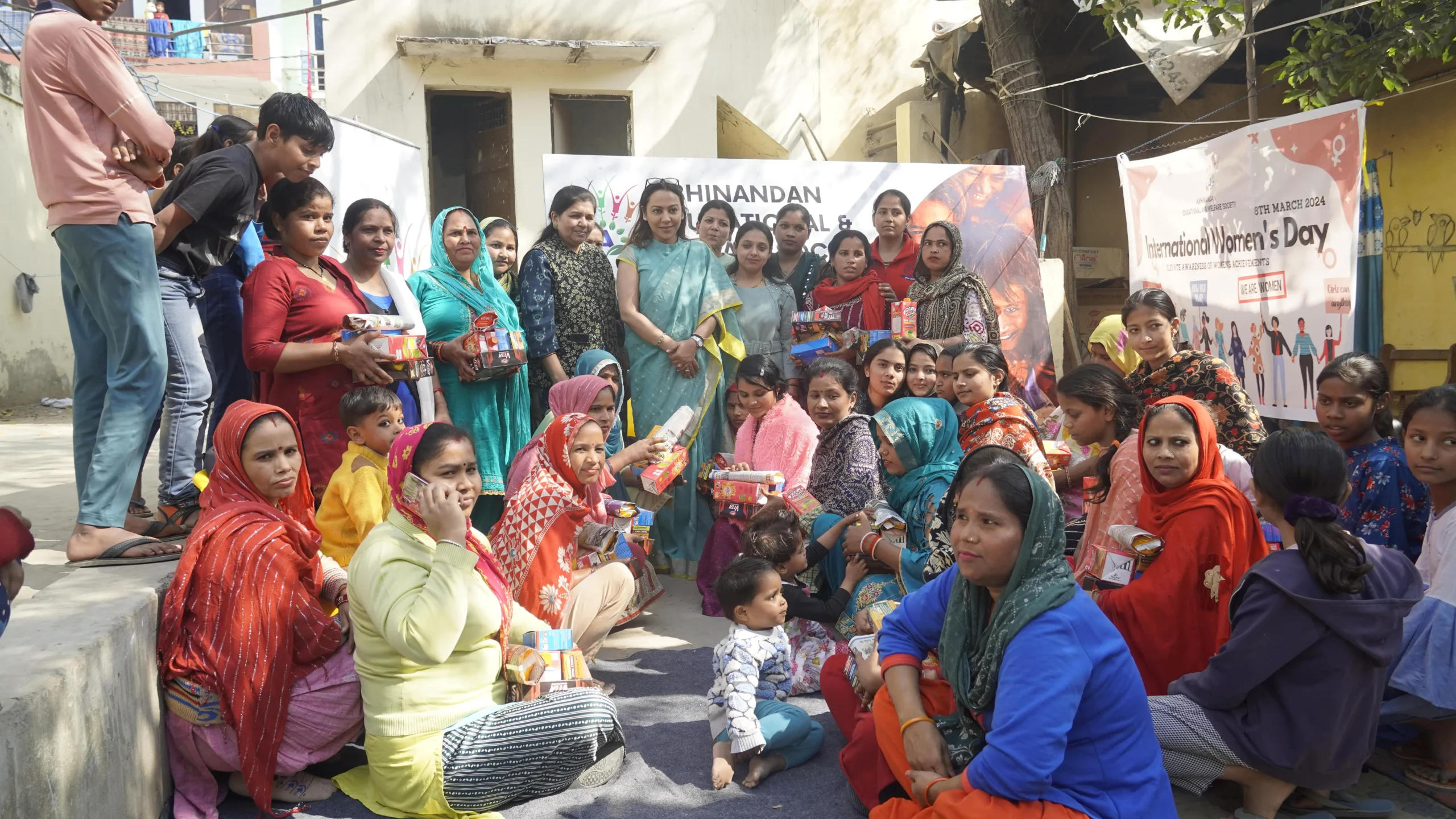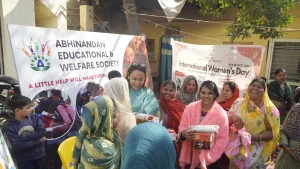Women Empowerment: What It Means and Why It Matters


Women empowerment is a term that denotes the enhancement of women’s ability to make choices, access resources, and participate in social, economic, and political spheres of life. It is a fundamental human right essential for achieving gender equality, sustainable development, and peace. Numerous education NGOs in India, focused on educating girls, play a crucial role in guiding and emphasizing the importance of education for women.
The introduction of women empowerment is not only about granting women equal rights but also about ensuring that they become active and effective partners in shaping their own lives and the society they live in. It involves recognizing and valuing the diverse roles and contributions of women in various contexts and sectors.
Benefits of Women Empowerment
Women empowerment has multiple benefits for individuals, families, communities, and nations. Some of the benefits are:
- Improved health and well-being: Empowered women have greater control over their reproductive health, fertility, and child care. They are also more likely to seek health care services, prevent diseases, and adopt healthy behaviors for themselves and their children.
- Increased education and skills: Empowered women have more opportunities to access quality education and training, which can enhance their knowledge, skills, and employability. They are also more likely to support the education of their daughters and sons, creating a positive cycle of learning and development.
- Enhanced economic opportunities and income: Empowered women have more access to productive resources, such as land, credit, technology, and markets. They are also more likely to engage in income-generating activities, entrepreneurship, and decision-making in household and community finances. This can increase their income, assets, and economic security.
- Strengthened leadership and participation: Empowered women have more voice and influence in public and private spheres, such as family, community, and governance. They are also more likely to advocate for their rights and interests, challenge discrimination and violence, and promote social justice and peace.
Challenges and Barriers to Women’s Empowerment
Despite the progress made in recent decades, women empowerment still faces many challenges and barriers around the world. Some of the challenges and barriers are:
- Discriminatory laws and policies: Many countries still have laws and policies that restrict women’s rights and opportunities, such as inheritance, property, marriage, divorce, custody, citizenship, and political representation. These laws and policies can limit women’s access to justice, resources, and services, and expose them to exploitation and abuse.
- Harmful social norms and practices: Many cultures and religions still have norms and practices that reinforce gender stereotypes and inequalities, such as early and forced marriage, female genital mutilation, dowry, honor killing, and son preference. These norms and practices can undermine women’s dignity, autonomy, and potential, and expose them to violence and harm.
- Lack of education and awareness: Many women and girls still face barriers to education and literacy, such as poverty, distance, fees, safety, and quality. This can limit their awareness of their rights and opportunities, and their ability to access information and services. It can also affect their self-confidence, aspirations, and leadership skills.
- Limited resources and opportunities: Many women and girls still face constraints to access and control over resources and opportunities, such as land, credit, technology, and markets. This can limit their economic empowerment and independence, and their ability to contribute to and benefit from development.
- Violence and insecurity: Many women and girls still experience various forms of violence and insecurity, such as domestic violence, sexual violence, trafficking, forced labor, and armed conflict. This can have devastating effects on their physical, mental, and emotional health, and their ability to participate in social, economic, and political activities.
Ways to Promote Women’s Empowerment
Women’s empowerment requires the collective action and commitment of individuals, families, communities, and nations. Some of the ways to promote women empowerment are:
- Reforming laws and policies: Laws and policies that protect and promote women’s rights and opportunities should be enacted and enforced, such as anti-discrimination, anti-violence, and affirmative action laws and policies. Laws and policies that restrict and violate women’s rights and opportunities should be repealed and abolished, such as those that deny women’s inheritance, property, marriage, divorce, custody, citizenship, and political representation.
- Changing social norms and practices: Gender stereotypes and inequalities, like forced marriage and dowry, must be challenged and transformed. Encourage and celebrate social norms that promote gender equality, valuing women’s education, work, and leadership.
- Enhancing education and awareness: Implement education and awareness programs for all genders focusing on life skills, sexual health, and gender equality. Support education and awareness campaigns to promote women’s rights, empowerment, and social action for change.
- Increasing resources and opportunities: Expand resources that promote women’s economic empowerment by providing access to land, credit, technology, and markets. Create and promote resources that enhance women’s social and political empowerment through access to information and networks.
- Preventing and responding to violence and insecurity: Violence against women and girls, including domestic abuse and trafficking, must be prevented and addressed effectively. Prevention and response must encompass legal, medical, psychological, social support, and justice mechanisms.
Conclusion
Women empowerment NGOs play a vital role and serve as a powerful means for achieving gender equality, sustainable development, and peace. It is a human right that every woman and girl deserves and demands. Women’s empowerment offers numerous benefits for individuals, families, communities, and nations, but it also faces various challenges and barriers. Women’s empowerment requires collective action and support from individuals, families, communities, and nations alike. Together, we can turn women’s empowerment into a reality for all
Recent Posts
- Abhinandan 2.0 at Global CSR & ESG Awards 2025: Advocating Collective Impact with Accountability
- AbhiSAARTHI Fellows: A Journey Through Governance & Community Engagement
- A New Chapter of Hope Unfolds: Inauguration of the JaksonAbhiKIDS Care Centre in Greater Noida
- Press Release Embargoed Till 28 October 2024
- New Covid-19 Variant JN-1: What You Need to Know